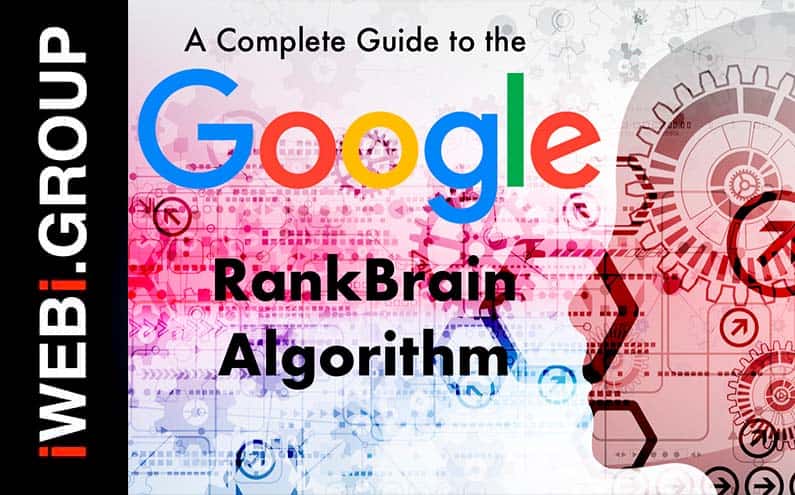This technology, which was created as part of the Hummingbird project, has been operating since 2015. According to statistics, in 2015, only 15% of all search queries were processed by Rank Brain artificial intelligence, but this figure has increased every year.
Rank Brain scores have a strong impact on SERPs. Google experts claim that the system can process up to 15 billion requests per day. Rank Brain allows you to find the information you need without using keywords in the exact match. Also, this artificial intelligence helps:
- better understand user search queries;
- identify patterns independently and provide related sites for similar requests;
- categorize sites by topic.
Google’s Rank Brain is constantly learning, which increases its effectiveness.
It should be understood that Rank Brain is only a part of the Hummingbird system, it is a kind of add- on that processes only part of the search queries, since it cannot currently handle the full amount of work.
It is worth considering using an example of how artificial intelligence works using the example of a long query “what is the name of the exercise in which the barbell comes off the chest”.
The system starts to analyze it. So, the word “comes off” can be applied in various areas. For example, when it comes to a tree and leaves, about insects that have lost their legs.
Next, the word “exercise” is studied. This is a clarification that we are talking about physical activity. “Bar” gives an understanding of what kind of activity is of interest. Based on the data received, you can get relevant pages that have the answer to the question posed. Users can remove the word “exercise” but still get pretty much the same search results as the AI is constantly learning. This means that there is no need to specify long queries, you need to enter the main keywords in any case. Moreover, you can write using a different keyboard layout.
Google has the ability to “decipher” what is written and provide a response to the user’s request.
Currently, Rank Brain works in all countries of the world where there is a Google search engine. It is constantly being improved, but this process takes place offline. The system collects information for a certain period in order to be able to make forecasts.
PageRank and Rank Brain are considered the main elements that affect the search results.
Google doesn’t go into too much detail about exactly how their AI works, but some experts speculate about the implications:
- Search results will be of higher quality, because it no longer requires a high density of keywords on the page to promote it, but you need to use word forms and provide quality content;
- to promote sites, now you will have to resort to more complex tools, change the way information is presented (use of pdf formats, video);
- taking care of the user’s convenience is very important, since the presence of tables and a list will increase the likelihood of being at the TOP;
- links remain an important tool, so webmasters will continue to buy them on thematic sites.
It is necessary to choose the right keywords in order for the Rank Brain AI to recognize them correctly. There are several general rules for this:
- Ignoring long search queries such as “apply for a microloan without interest online without checking credit history.” If earlier several keywords were included in this expression in order to increase search results, today the service understands several keywords as one, referring them to microloans in this example.
- You need to focus on keywords of medium length, as users usually use them when searching for information.
- Optimizing titles to improve CTR is important for Google, it is recommended to include an emotional component in them. Use of brackets, according to the statistics of Google Analytics, attracts 33% more users.
- The use of numbers in the article and in the title will increase the search results if the Rank Brain artificial intelligence is used.
Having the information about Google AI that is currently available, it is necessary to take into account the features of its work in order to increase the performance of the site.
And there are still many questions to be further answered:
- How does RankBrain teach itself?
- How may RankBrain change and grow in the next five years?
- How might people search differently as a result of RankBrain?
- And what greater plans does Google have for RankBrain in the future?
Only time and analysis will tell.
Alexander Safonov
Master of Science in Information Technology, CEO, IWEBI GROUP

